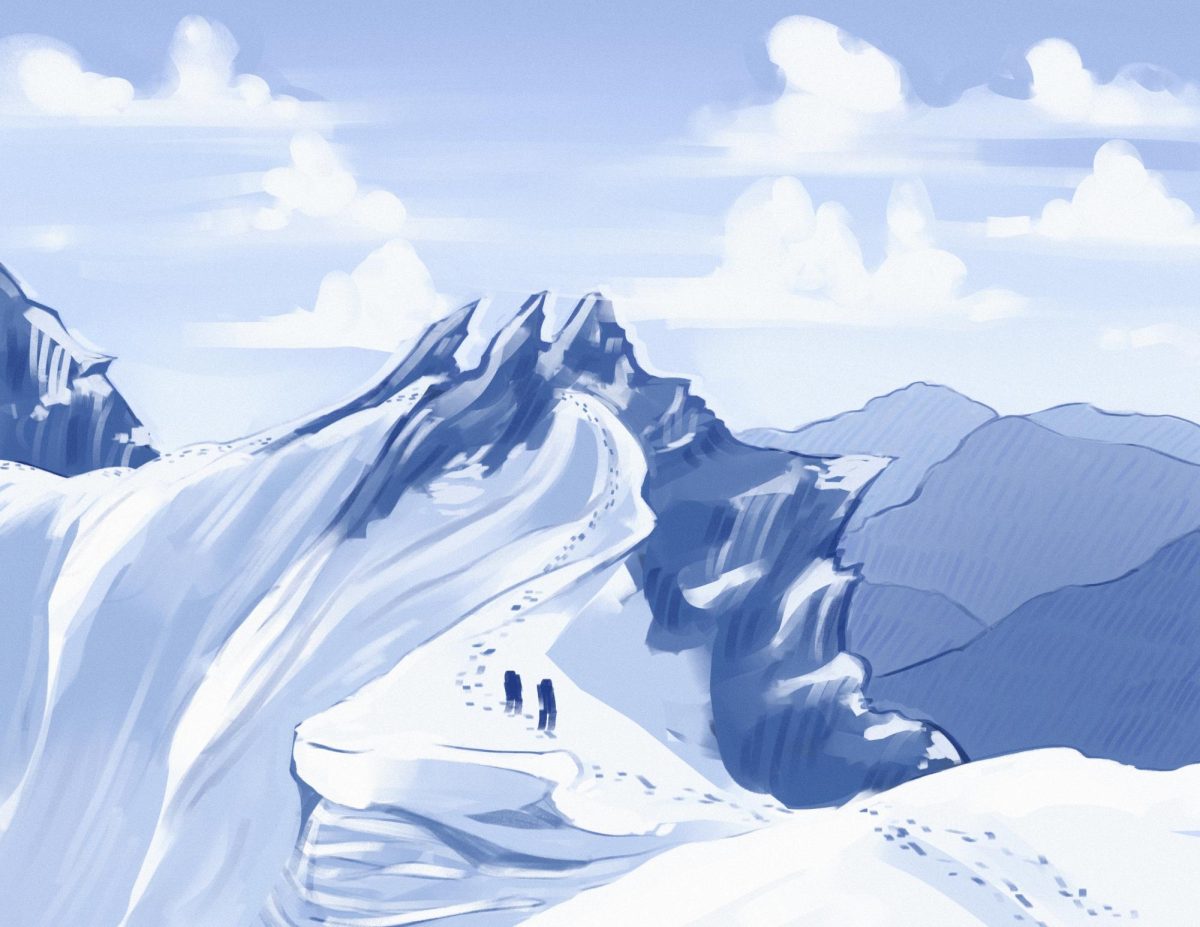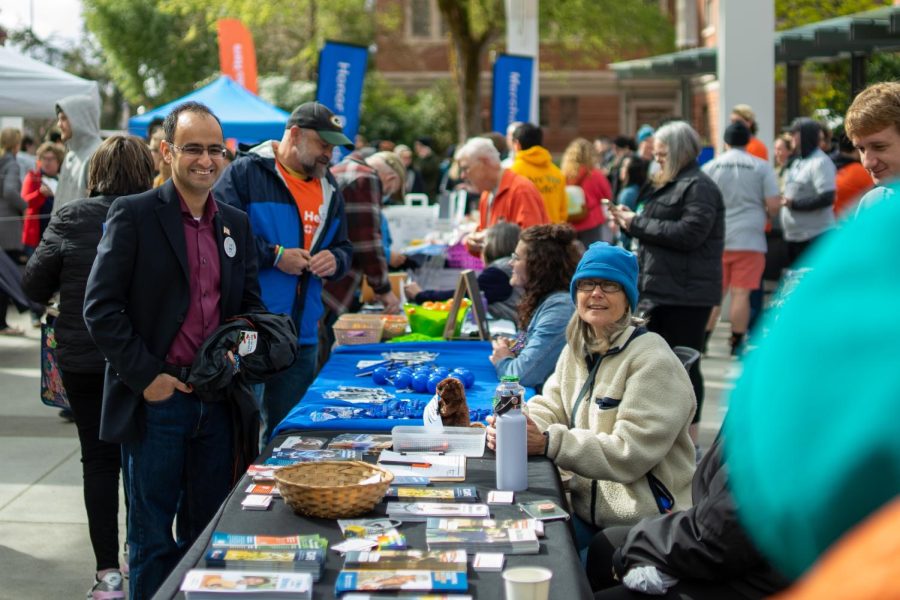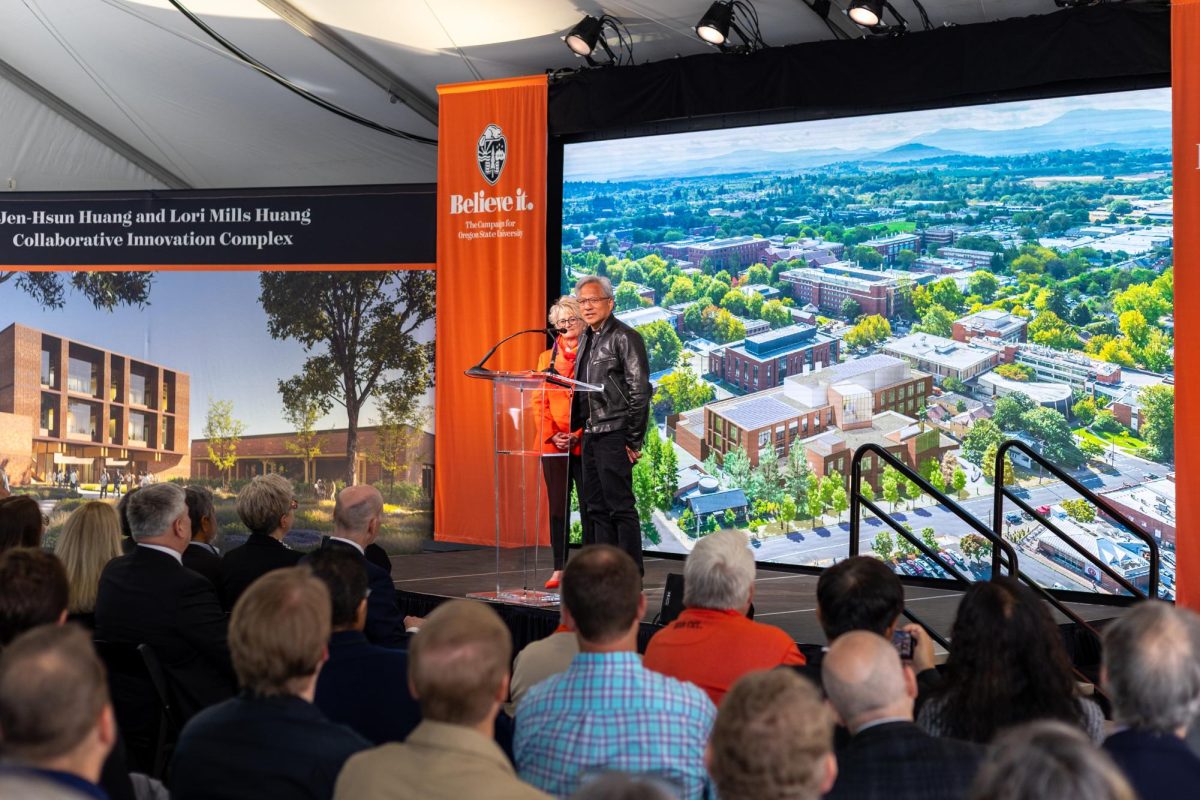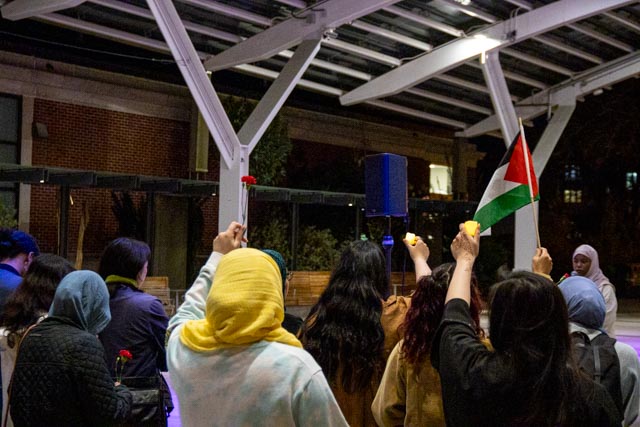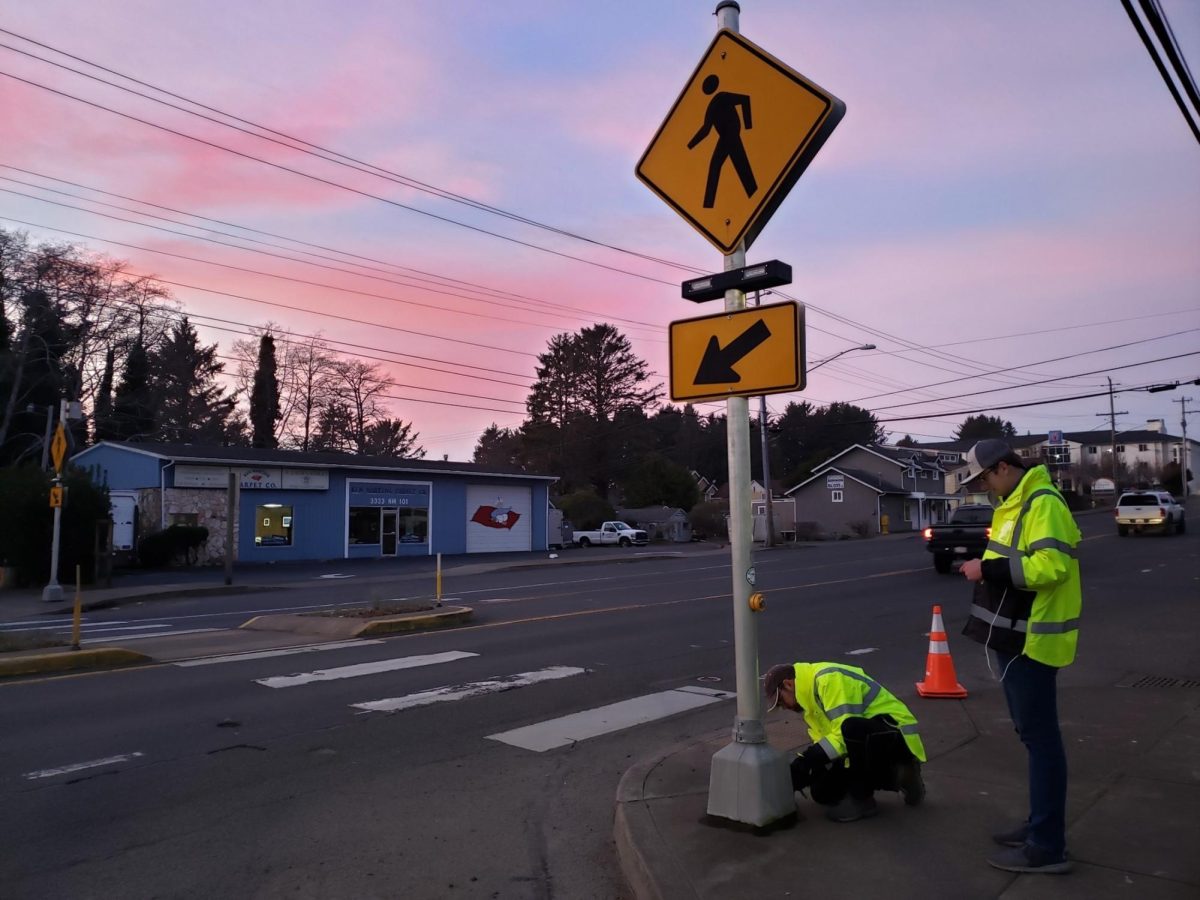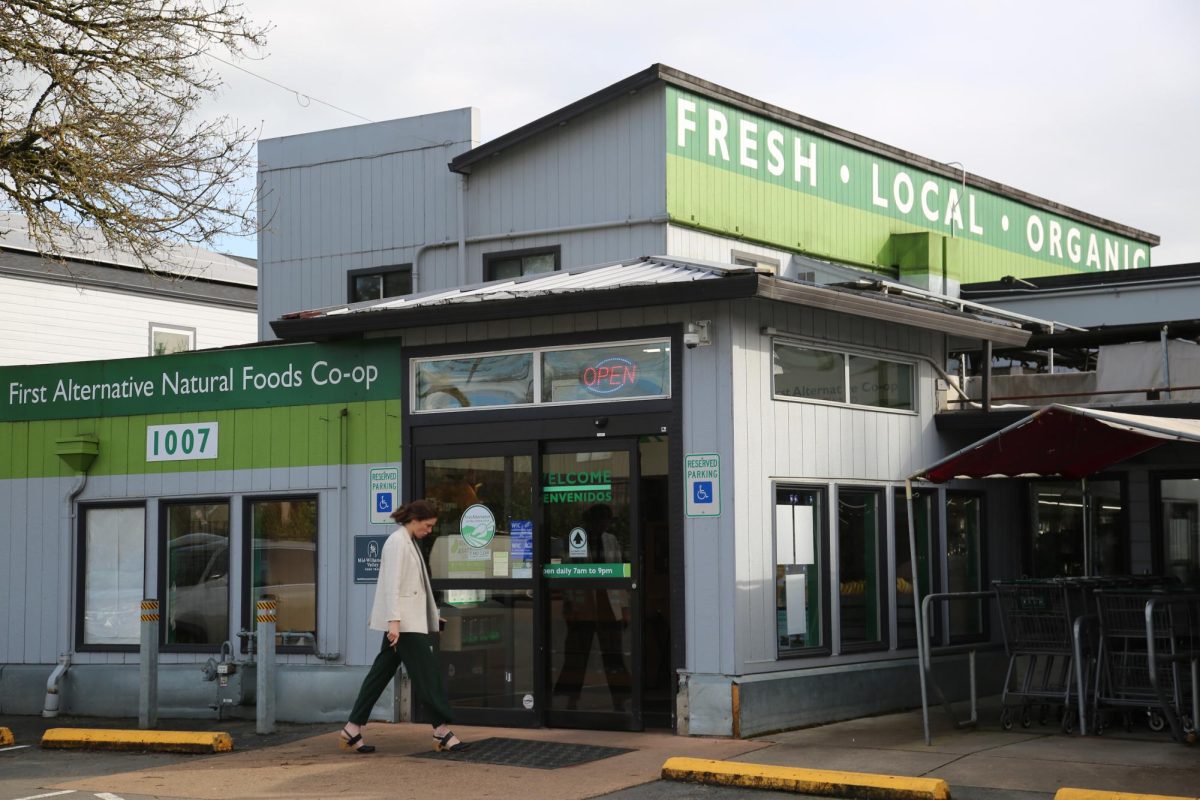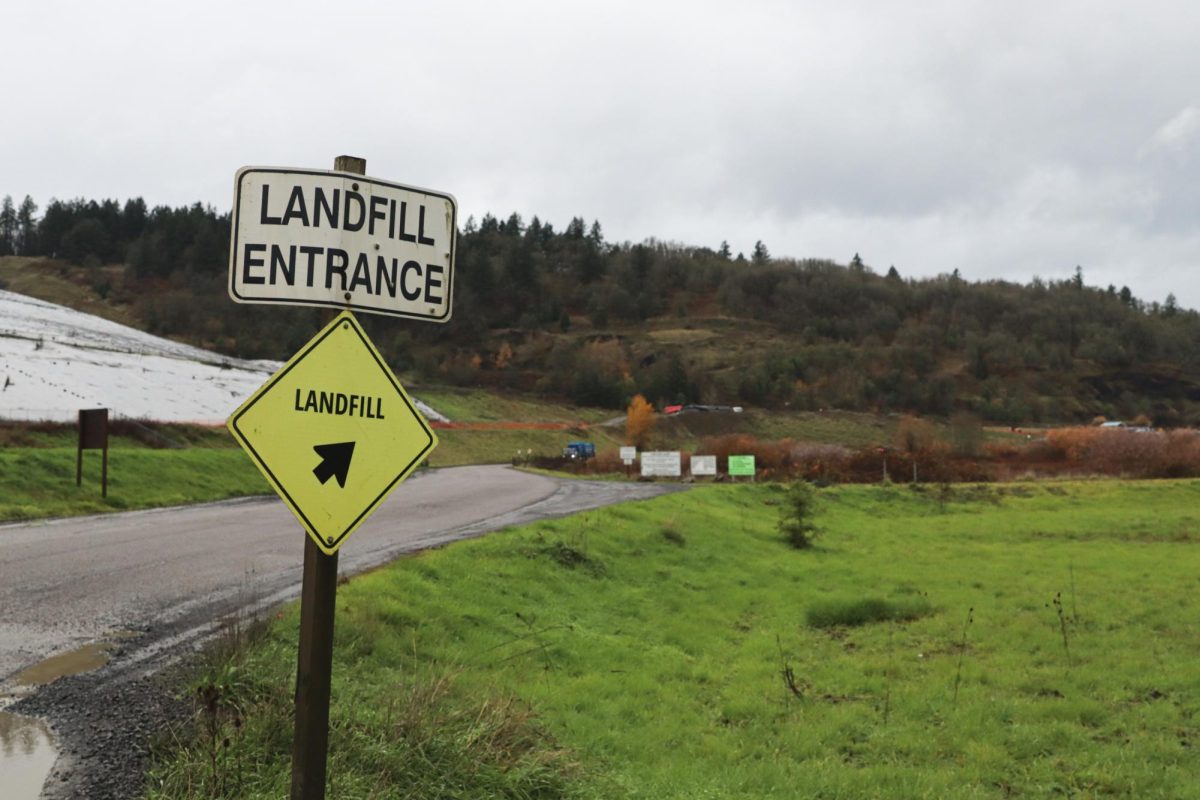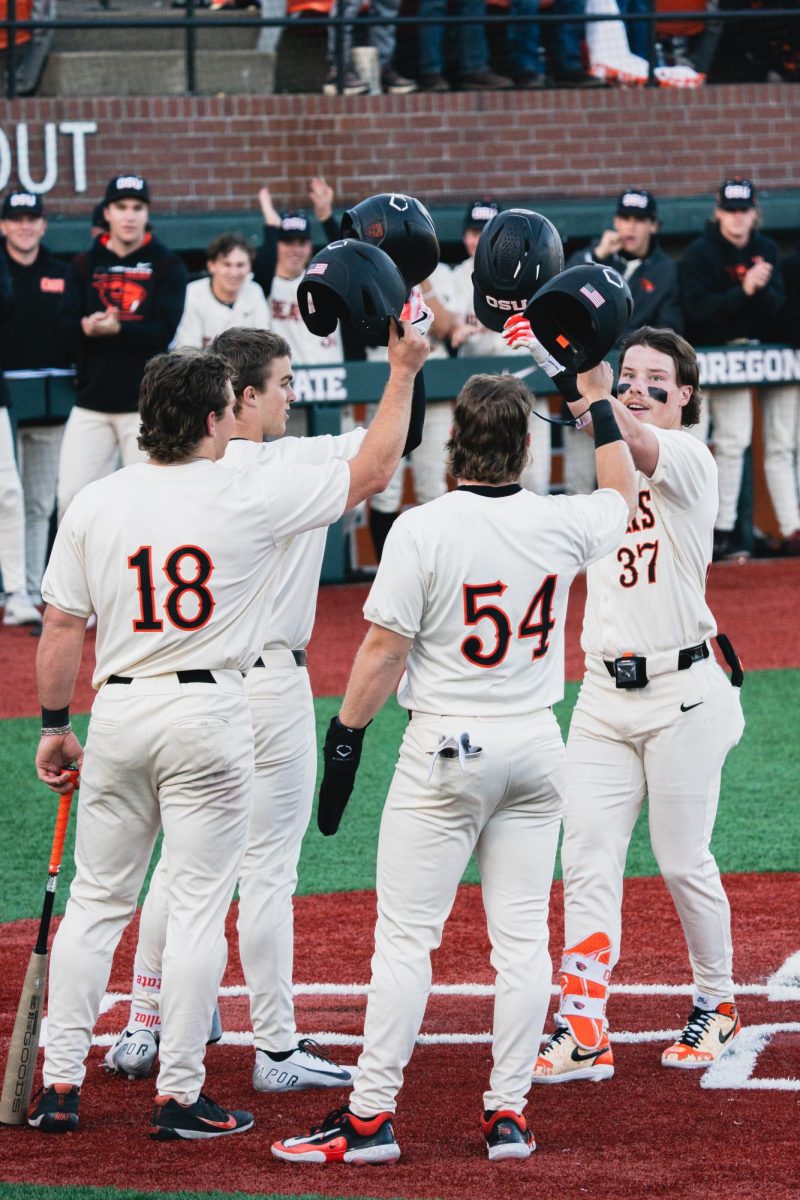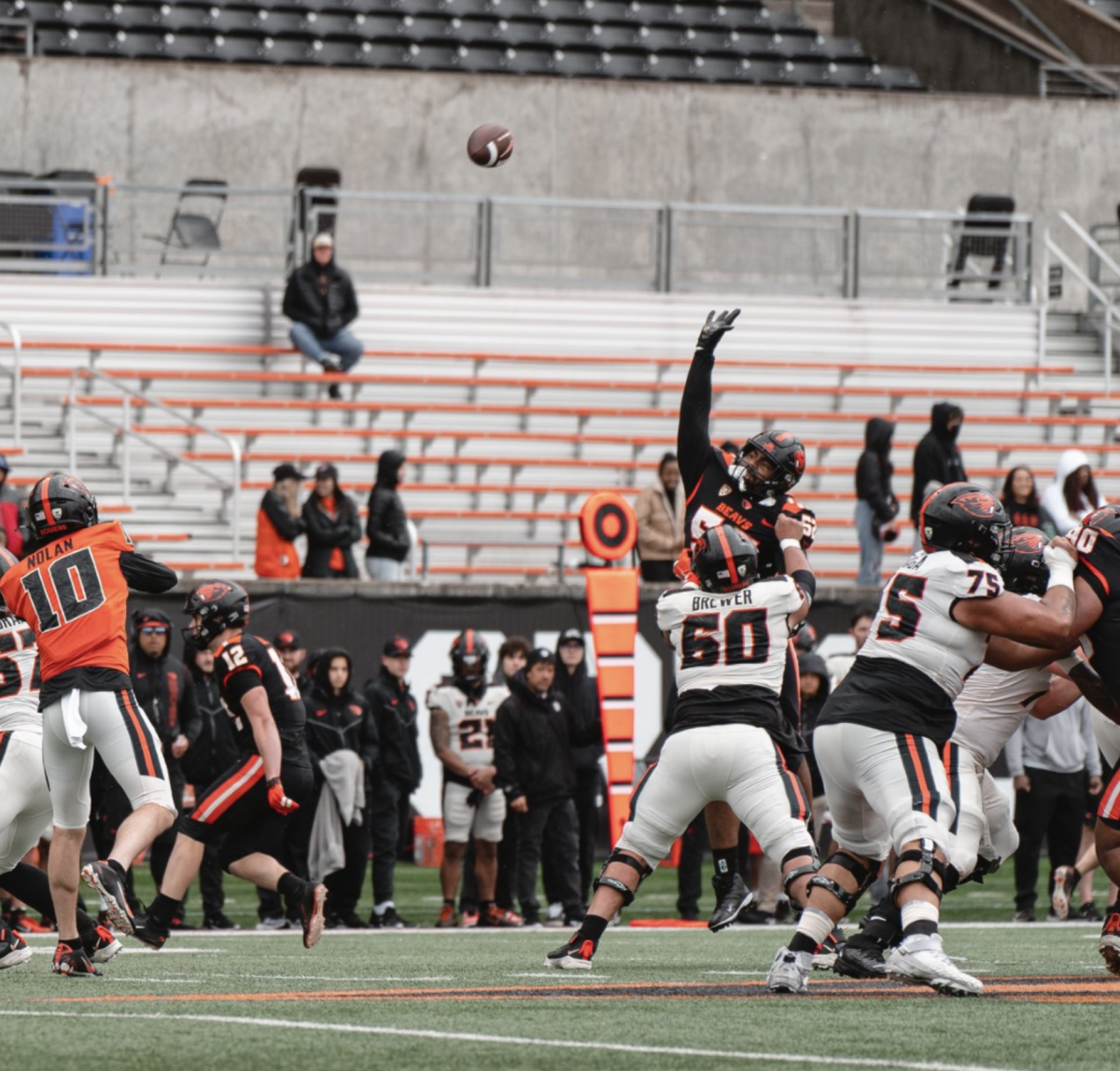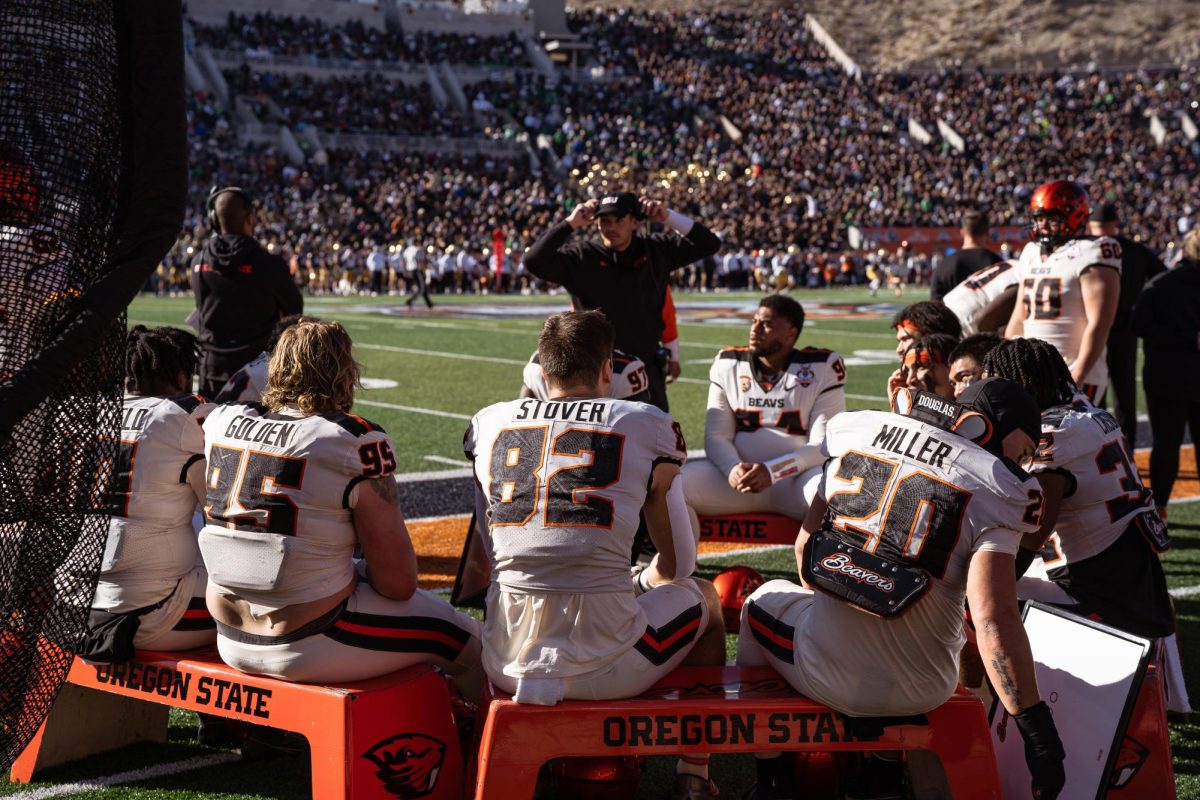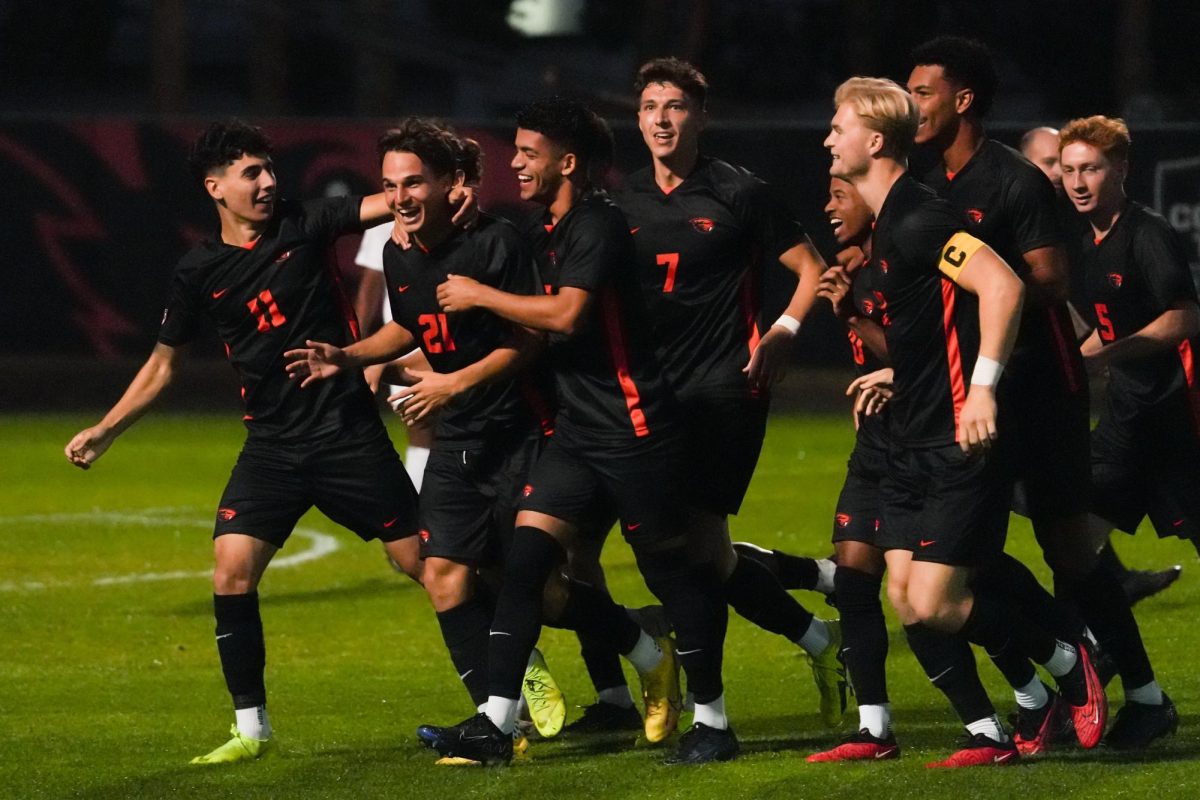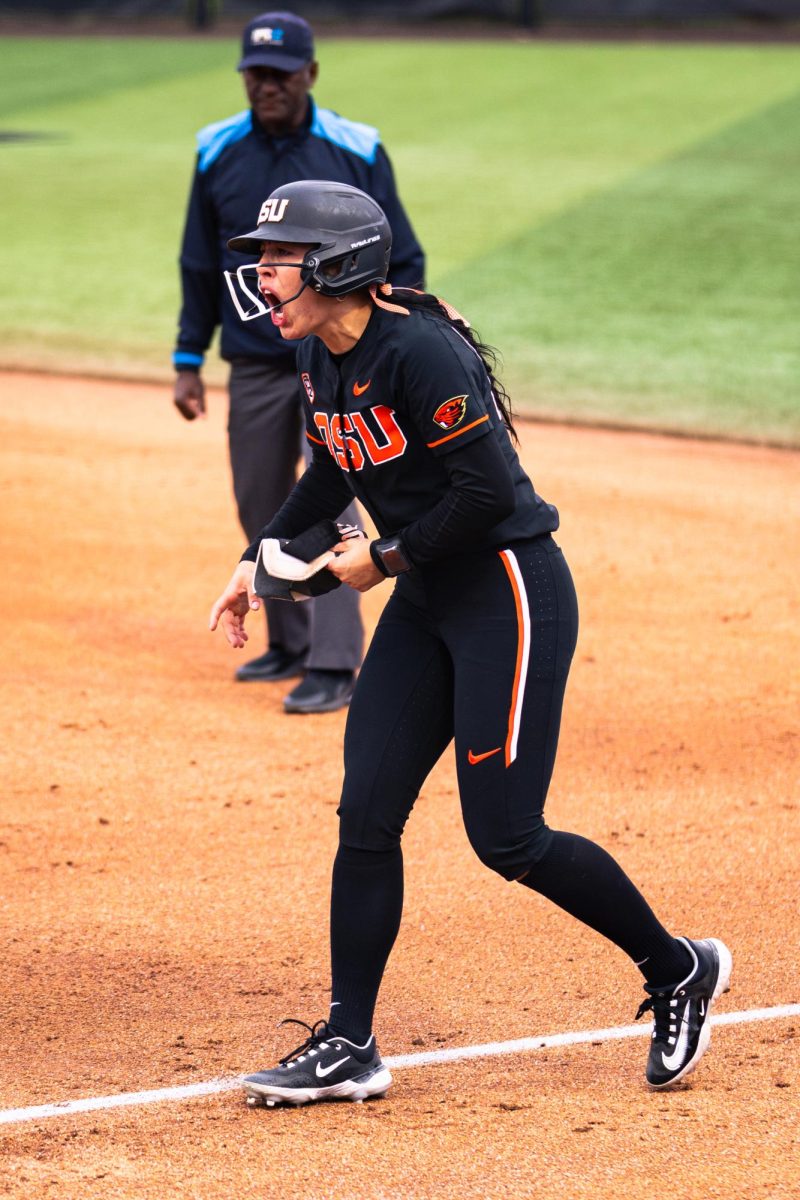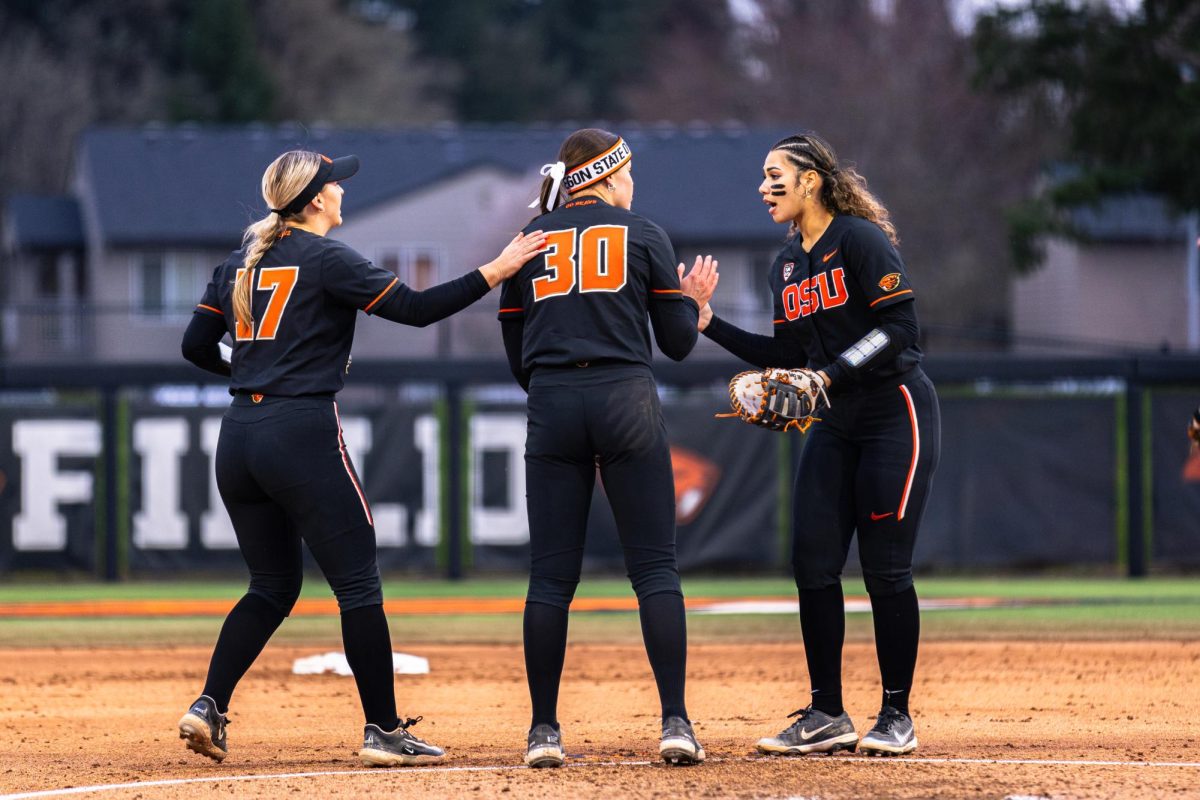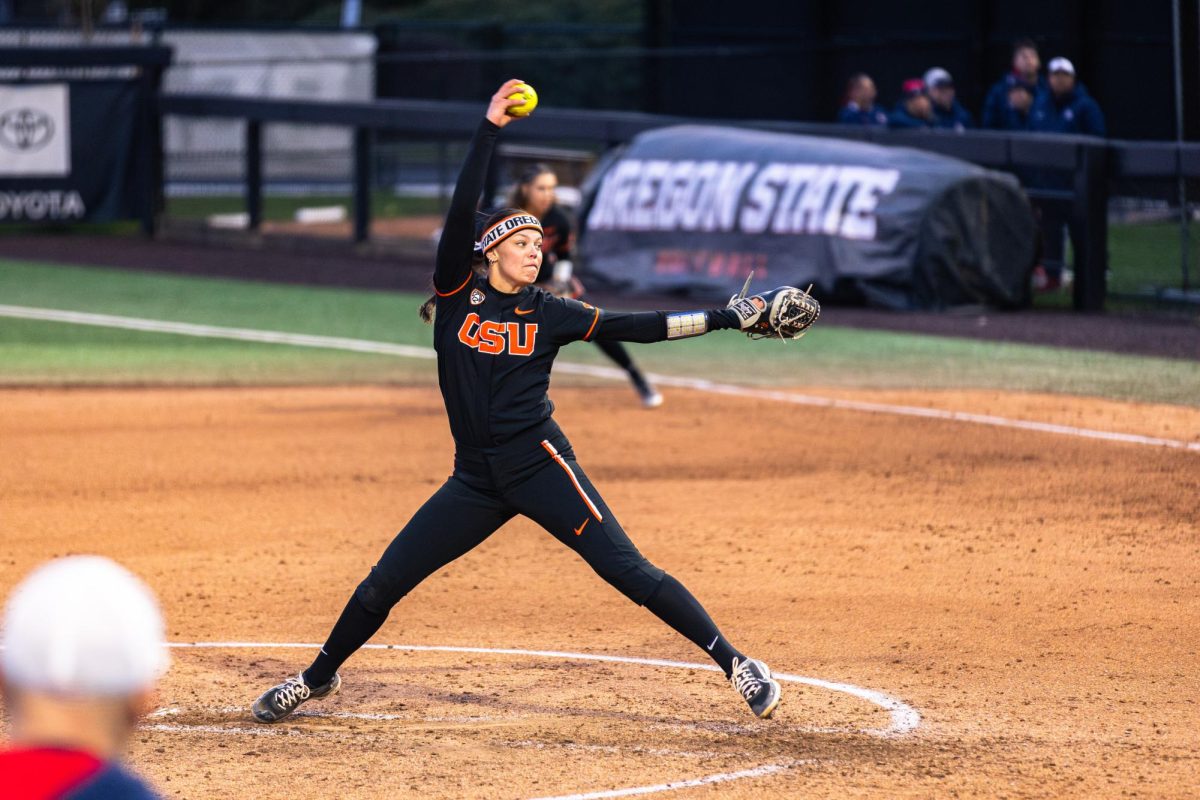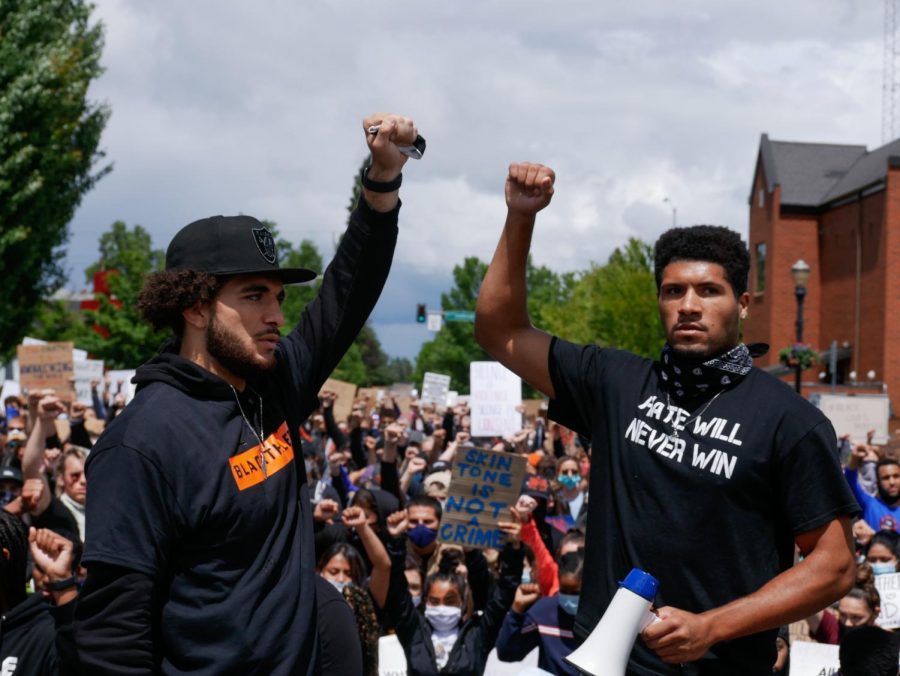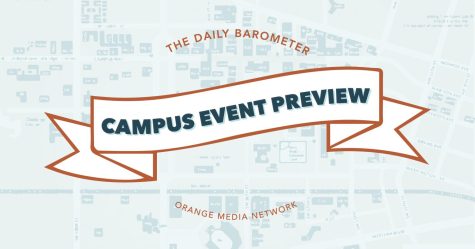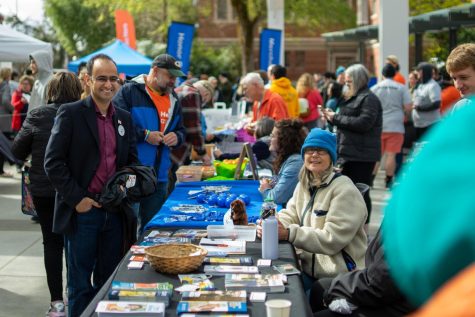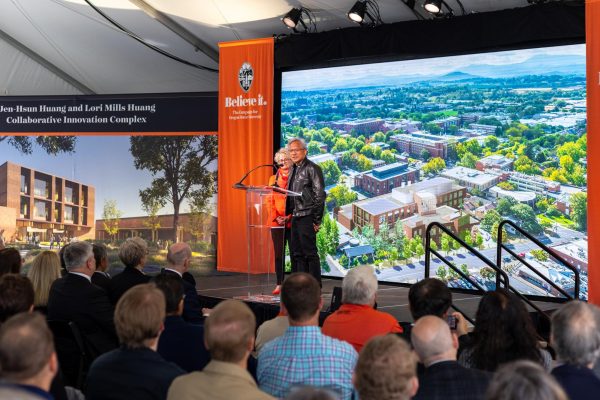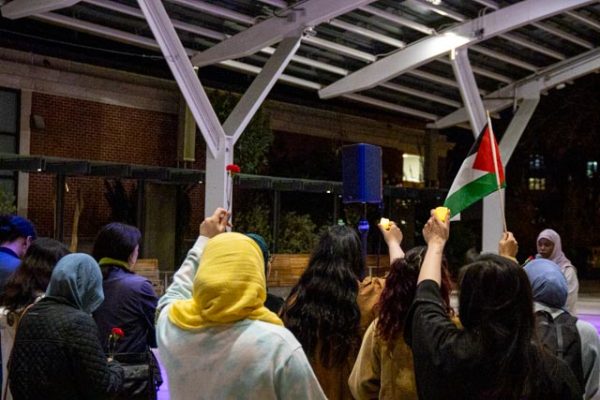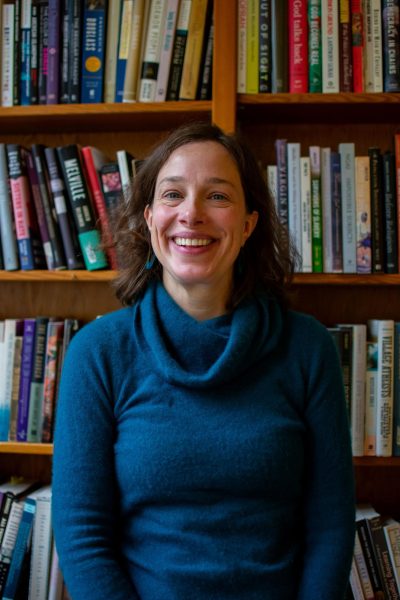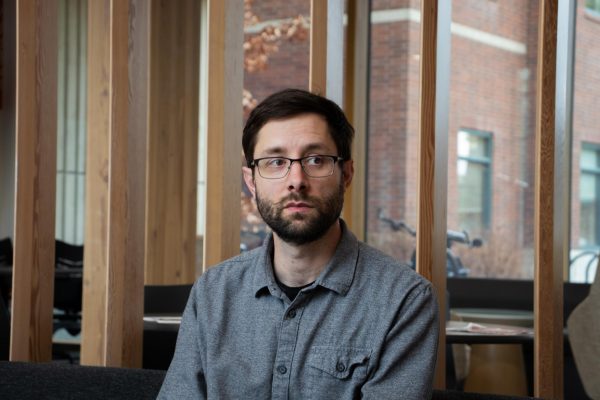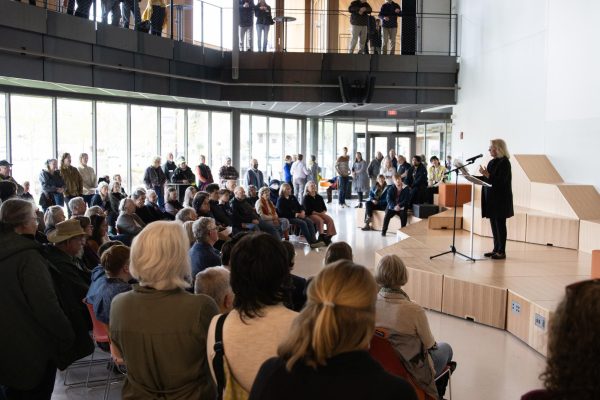Avara Institute Alumni speak on growing up in Israeli-Palestinian Conflict
February 22, 2018
Although the Israeli-Palestinian conflict is one of the longest ongoing political conflicts in history, members of these populations are coming together to create environmental change and increase quality of life for all in the Middle East.
As part of The Dialogue Project: Palestinians and Israelis on Conversation and Cooperation, The Oregon Hillel Foundation partnered with the Ettihad Cultural Center to bring Avara Institute alumni to OSU to speak about the Israeli-Palestinian conflict. The Avara Institute is an academic institute in the Middle East that brings a diverse group of students together to work towards environmental change and sustainability.
Noa Gluskinos and Ashraf Akram, both alumni of the Avara institute, shared their experiences growing up during the Israeli-Palestinian conflict and how this has impacted their perspectives and lives.
Gluskinos discussed growing up in Kiryat Ono, Israel as a Jewish Israeli. According to Gluskinos, her family was always very open-minded and encouraged her to look beyond the perspective many in her culture held and explore her own beliefs.
“The mentality, the education is very narrow. We know that that’s how the world works. I grew up with Jews because they are my people, we have those others that we don’t really know. They are the bad guys, we are the good guys, we should be here and that’s the kind of thinking that was kept until high school because when you’re in high school you’re at an age where you’re supposed to go to the army in a few years,” Gluskinos said.
Gluskinos said that rather than join the army, she believed in pacifism. After leaving Israel to study and travel, she met a Palestinian for the first time at the age of 21. According to Gluskinos, this experience made her realize that only interaction and dialogue between their communities could lead to a solution. This inspired her to go to Avara Institute and continue working towards coexistence.
Akram shared his experiences growing up as a Palestinian in Dura, Palestine. According to Akram, his family experienced a lot of loss due to the conflict, so they encouraged him to seek change and work towards a better future.
“I know what it means to have ongoing conflict in your life. Waking up one morning not able to see a friend or an uncle because they’re no longer there is a hard thing. My grandfather was killed by the Israeli army, my grandma witnessed her house demolished three times. My uncle and father and everyone there grew up saying that we already paid the price of the conflict. We don’t want you to follow or be victims or lose any one more,” Akram said.
Although they do not represent that majority of their people, Gluskinos and Akram are optimistic about the future. They believe in the importance of creating lasting environmental change and bringing together communities in conflict. They hope to create a better future for everyone and improve the quality of life.
With the recent anti-semitic events that have affected the OSU community, Oregon Hillel at Oregon State and the Ettihad Cultural Center encourage students to use the resources they provide. According to Salman Alquwayi, student staff member at the Ettihad Cultural Center, the cultural center is open to all and offers a wide variety of resources for students.
“Ettihad cultural center is a resource for all OSU students, ettihad meaning unity. This is where students can interact with each other from different backgrounds. This is where we can dissolve the biases that exist in every culture”


